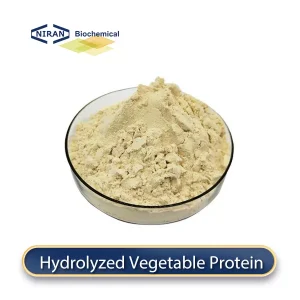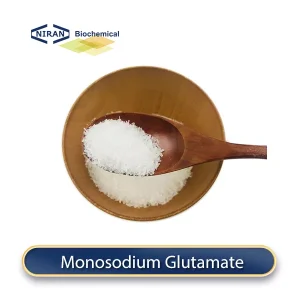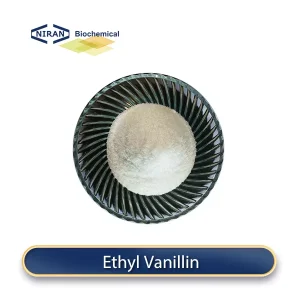FLAVOR ENHANCERS Supplier
We specialize in manufacturing flavor enhancers, offering a wide range of high-quality products designed to enhance taste profiles across food and beverage industries globally.
You can get from us:
- High Potency: Strong flavor-boosting effects.
- Solubility: Easily mixes with various food and beverage formulations.
- Natural Ingredients: Derived from natural sources for better taste.
- Stability: Maintains effectiveness over time.
- Versatility: Suitable for a wide range of applications.
- Non-GMO: Free from genetically modified organisms.
- Regulatory Compliance: Adheres to food safety standards and regulations.
Flavor Enhancers
At NIRAN Biochemical, we understand the importance of an outstanding and unique flavoring of the product. Thanks to our comprehensive knowledge of local flavor preferences, we can deliver the required food enhancer and aroma ingredients anywhere in the world. If you are looking for high-quality flavor enhancers for food, please contact us to get a free quote and complete wholesale solutions.
TYPES OF FLAVOR ENHANCERS
Food flavor enhancers are formulated to enhance the taste and smell of food products, without imparting a specific flavor themselves. These flavor enhancers can be found in various forms, from powders and liquids to pastes, and are used across a wide spectrum of culinary applications to heighten or balance the flavors within food products.
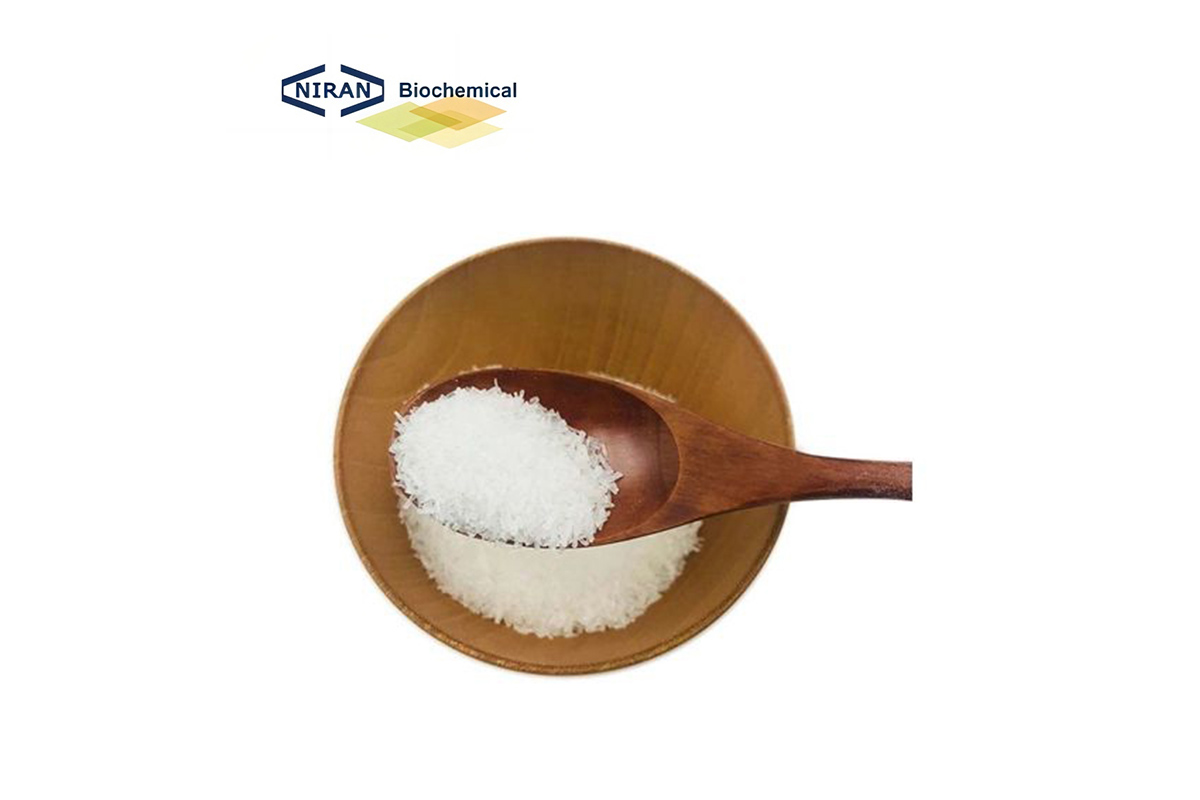
Monosodium Glutamate
MSG (E621) is one of the most popular flavor enhancers, known for its ability to enhance umami, the so-called fifth taste. This ingredient is employed across numerous recipes and processed food items to accentuate their savory taste.
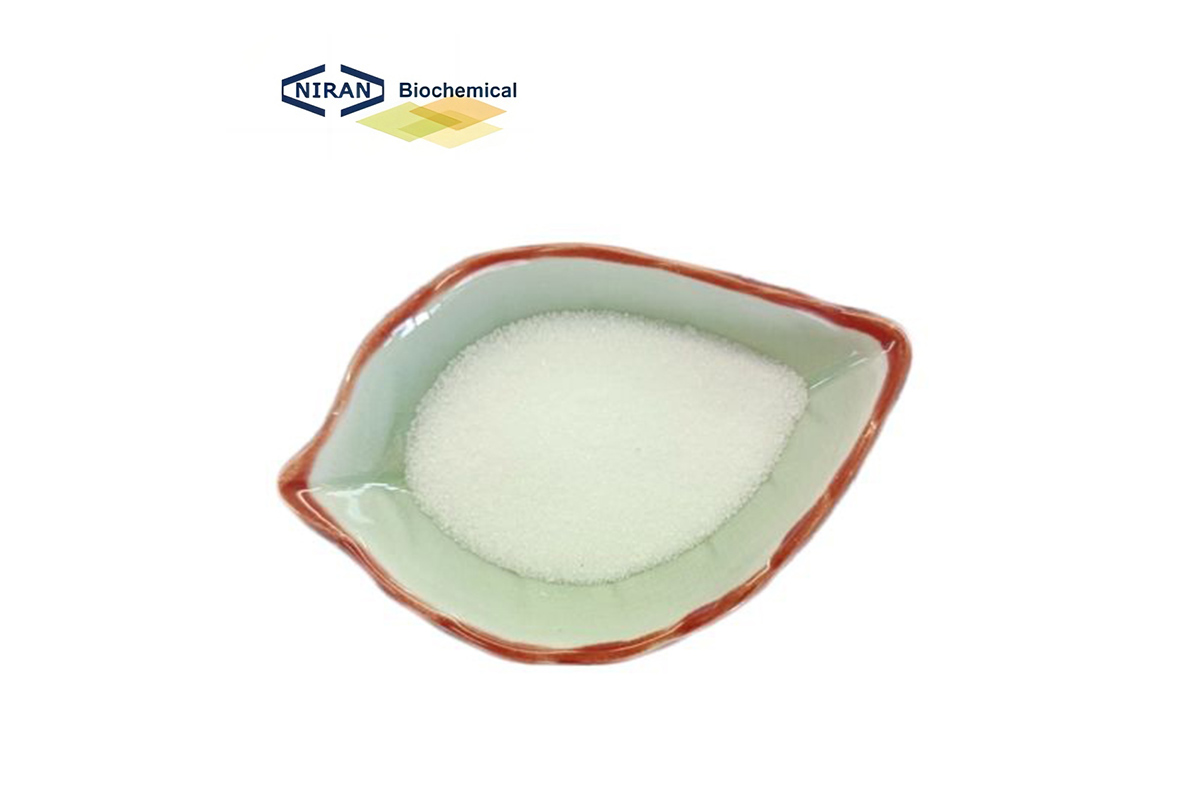
Vanillin
It serves to amplify the scent and flavor of various foods and drinks, acting as the main flavoring element found in vanilla. It is an ideal additive for baked goods, ice cream, chocolate, candies, and many other desserts and beverages.
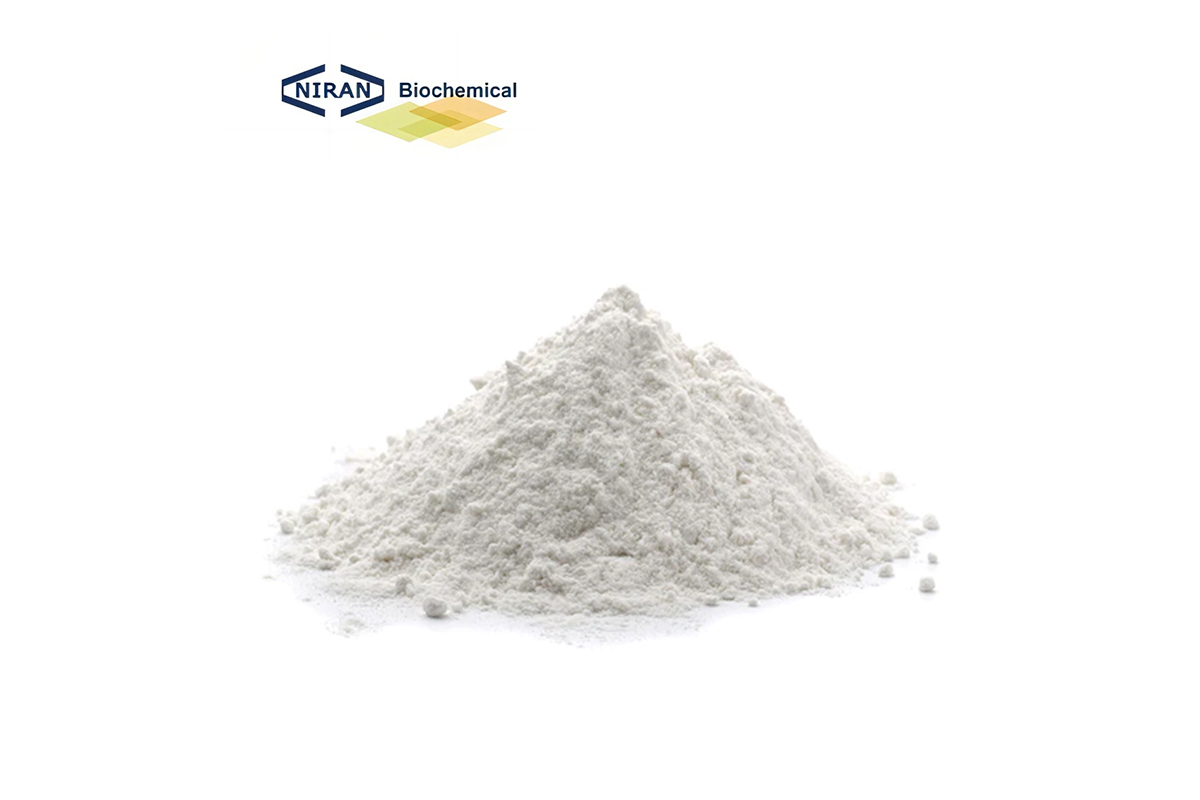
Ethyl Maltol
Ethyl Maltol is an artificially synthesized flavor enhancer, capable of enhancing the sweetness and aroma of foods & beverages. It is widely used in the production of candies, baked goods, jams, soft drinks & ice cream, among others.
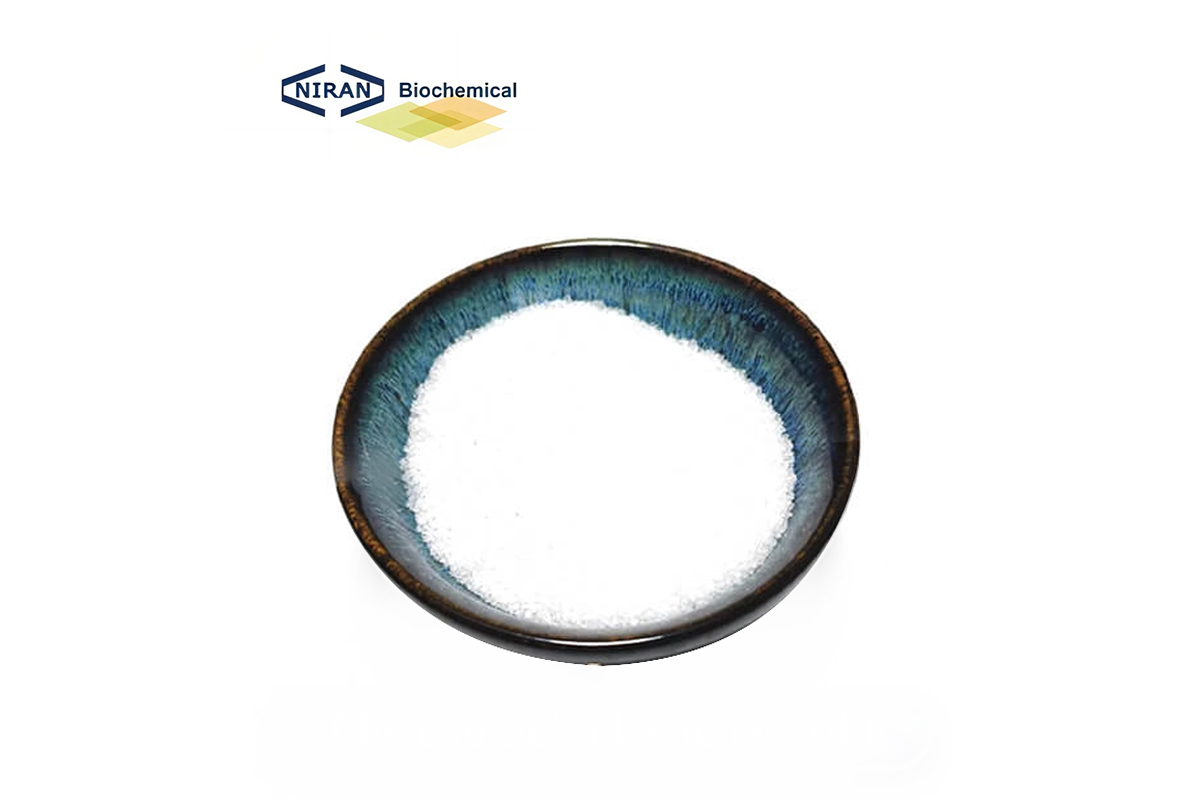
Glucono Delta Lactone (GDL)
Glucono delta-lactone, a natural organic compound, is used as an additive in the food industry. Derived from the fermentation of glucose, E575 dissolves quickly in water, releasing acid, making it a popular pH regulator to control the acidity of foods.
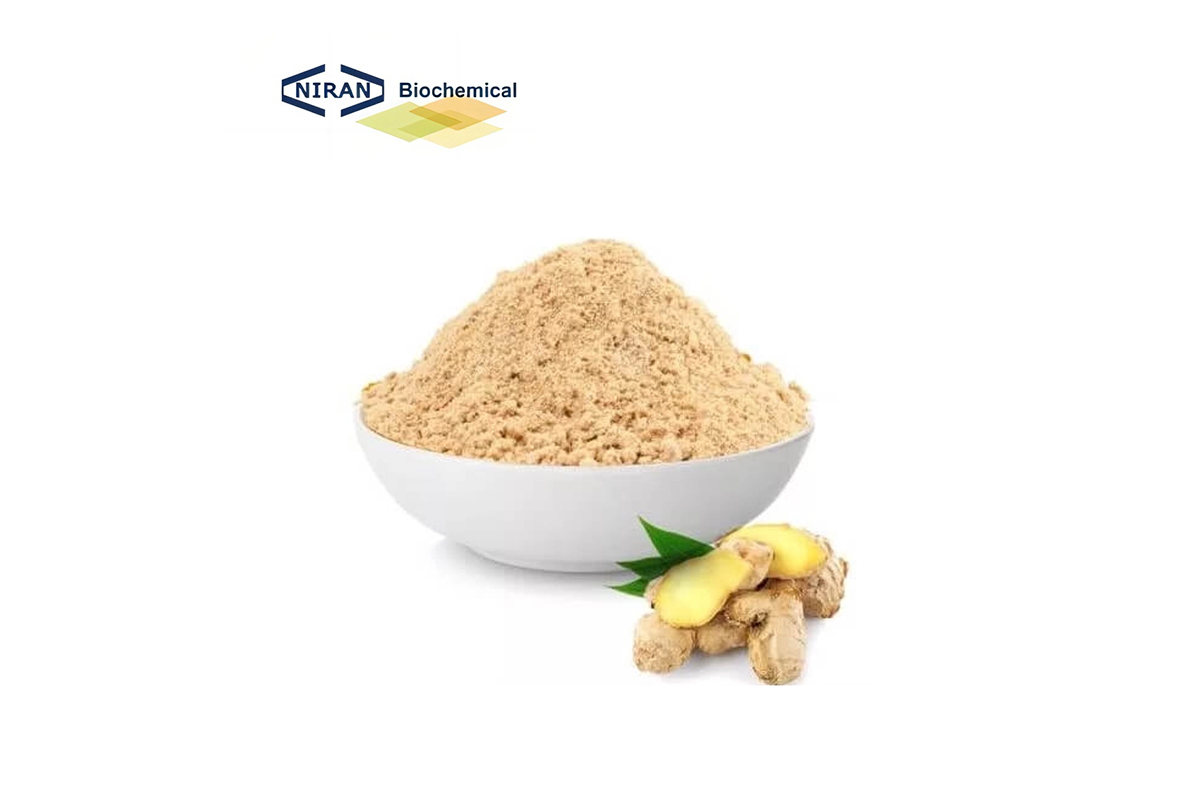
Ginger Powder
It is made from the ground root of the Curcuma longa plant, renowned for its vibrant golden-yellow color and distinctive aroma. Beyond its role as a seasoning, turmeric powder is also commonly used as a natural food coloring and supplement.
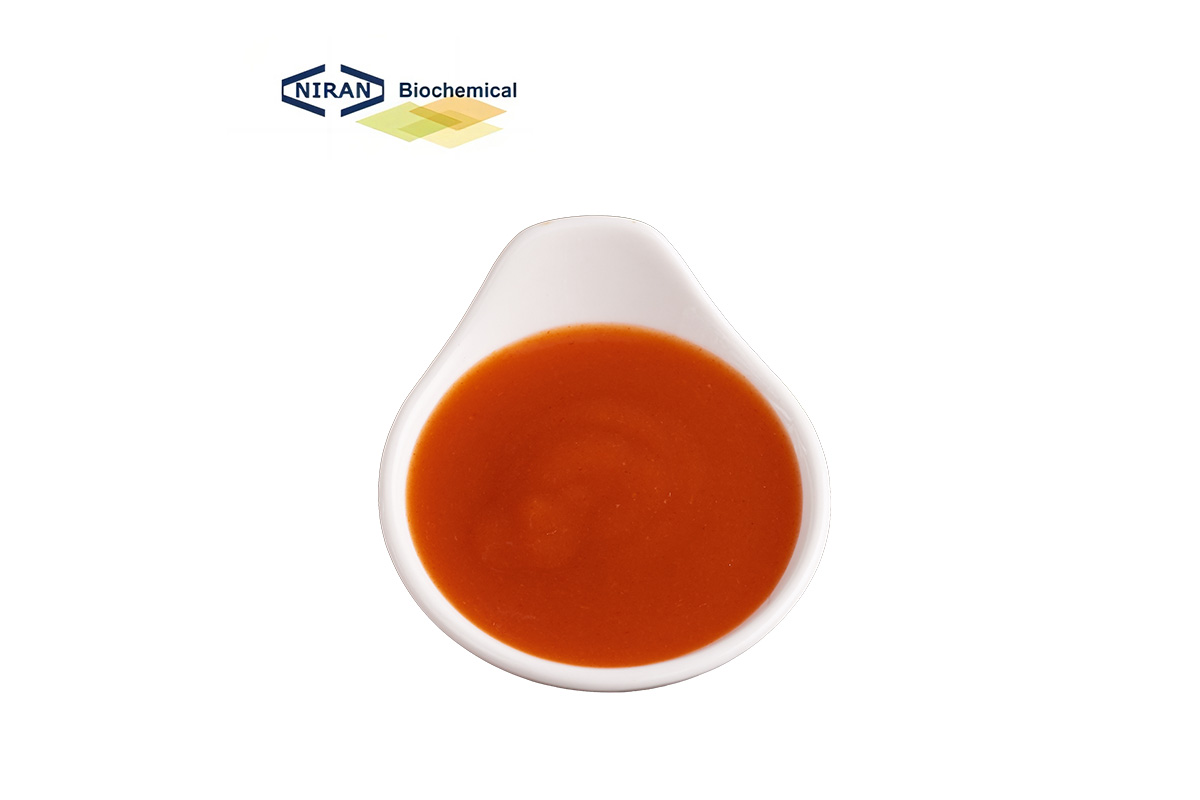
Tomato Paste
Rich in natural glutamates, tomato paste can enhance savory dishes with its concentrated flavor and subtle sweetness. It also contributes to the nutritional value of dishes, offering vitamins, minerals, and antioxidants derived from tomatoes.
APPLICATIONS OF FLAVOR ENHANCERS
The use of flavour enhancers is a testament to their significance in creating delicious, appealing, and consistent food products. Their applications are diverse, touching upon nearly every aspect of food production and consumption to meet consumer expectations for rich, satisfying flavors.
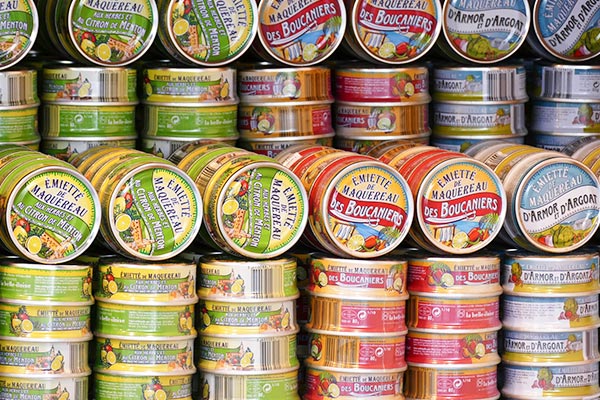
Processed Foods
Flavor enhancers are commonly added to processed foods, including snacks, soups, frozen meals, and canned goods, to improve taste.

Savory Snacks
They are extensively used in savory snack products to enrich and intensify flavors.
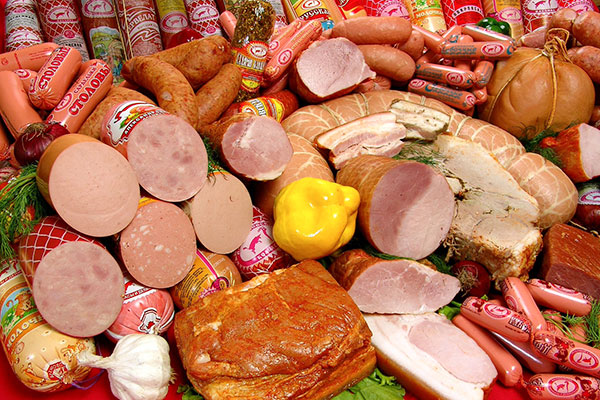
Meat Products
Enhancers are used in meat products to enhance the natural flavors and make them more palatable.
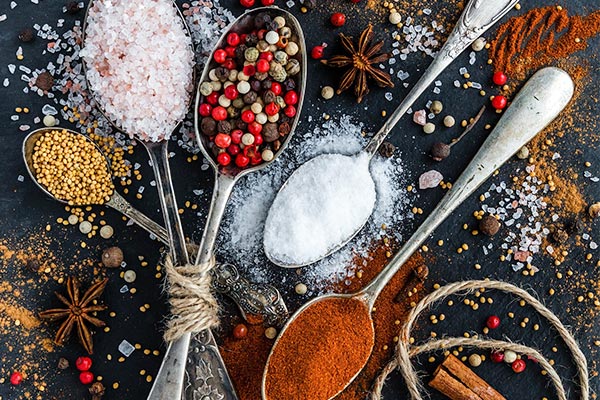
Soups and Sauces
They help restore flavors that may be lost during the cooking or canning process.
FEATURED PRODUCTS
FAQs
What are flavor enhancers?
Flavor enhancers are added to food to improve or enhance its natural flavor without imparting a flavor of their own. They make food taste better, more savory, or more umami without significantly changing the original taste profile.
What is the most frequently used flavor enhancer?
Monosodium Glutamate (MSG), also known as E621 in terms of its E-number, stands as the most prevalent flavor enhancer utilized globally. It's known for enhancing umami, the savory taste in foods.
Are there natural alternatives to synthetic flavor enhancers?
Yes, there are natural sources of flavor enhancement, including yeast extracts, hydrolyzed vegetable proteins, and ingredients rich in natural glutamates like tomatoes, mushrooms, and soy sauce.
Do flavour enhancers contribute to sodium intake?
Certain flavor enhancers, such as MSG, add to the overall sodium content in food items. Consumers looking to reduce sodium intake should consider this in their dietary choices.
Why do food manufacturers use flavor enhancers?
Food manufacturers use flavor enhancers to restore flavor lost during processing, to create a uniform flavor profile, and to make low-fat or low-sodium products more palatable.
Can flavor enhancers be used in all types of food?
Flavor enhancers are used in a variety of food products, including snacks, soups, sauces, meat products, and ready meals. Their use depends on the desired flavor profile and food formulation requirements.

